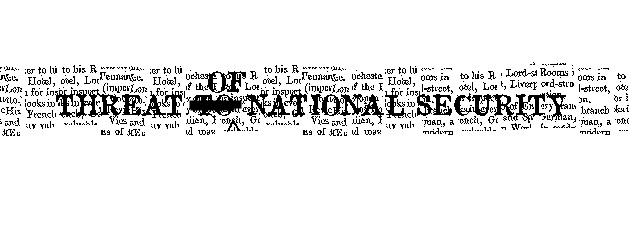
All that was needed was an unending series of victories over your memory, “Reality control” they called it; in Newspeak, “doublethink”. – Orwell (1984)
On Oct 31st, PTI in its report on Modi’s “National Unity Day” speech noted that “Prime Minister Narendra Modi on Thursday said that Patel’s dream of a united India had been realised.” Modi further goes on to glorify colonialism in his speech. But did Patel dream of a “united India” with Jammu and Kashmir?
Patel was not only open to the idea of parts of Pakistan occupied Kashmir to become part of Pakistan but also to give up parts of Indian occupied Kashmir to Pakistan on the condition of keeping control over regions of strategic interests.
“The Indian leadership was even open to the possibility of relinquishing its claim on parts of the State under Pakistani control. In 1948 Vallabhbhai Patel, India’s home minister, considered the possibility of partitioning Kashmir between India and Pakistan. Patel suggested that India would be willing to give up parts of Kashmir where local sentiment was pro-Pakistan, so long as India could retain areas it considered essential to its strategic interests”. (Daniel Haines, Indus Divided, pg 63.)
But in the unending exercise of “victories over our memory”, these uncomfortable facts must go into the memory hole. That there was a time when India’s extreme hawks were open to the idea of India without Kashmir does not fit well with the interests of the current holders of power – so the past must change to secure the future. But even Patel wasn’t open to the idea of a free Kashmir or interested in listening to what people in Kashmir wanted – just rearranging the region’s strategic role in the newly formed State’s plan for regional supremacy.
The article further adds, ““centuries ago, India was united by Chanakya (the ancient philosopher who is said to be the adviser of emperor Chandragupta Maurya), and after that Sardar Patel did it,” Modi said”.
The term “unity” also has a technical definition: Annexed or hold by force or coercion. The “feeling of unity” is the feeling of fear or helplessness and those unsatisfied with this unity are the “national security threats”. And, if an unfriendly state, like China, engages in act of uniting some people its called “aggression”.
The same day IANS posted an interview with Air Marshal (retd.) C. Hari Kumar of Western Air Command “supervised the planning and successful execution of the IAF strikes in Balakot.” The piece raises many questions. Let’s take the validity of “successful execution”.
India claimed that in response to the 14 Feb suicide bombing attack in IOK that killed 40 CRPF personals, it bombed the JeM launchpad in Balakot, Pakistan. Indian government officials first claimed that around 300 “terrorists” have been killed in the attack, while Amit Shah maintained a conservative 250 estimate. This was soon refuted by reporters on the ground from Associated Press and later by the European Space Imagining agency. In fact, according to some western military analysts, JeM camp had been abandoned in 2005 after a major earthquake. IANS’s repetition of the state’s official line is yet another victory over our memory.